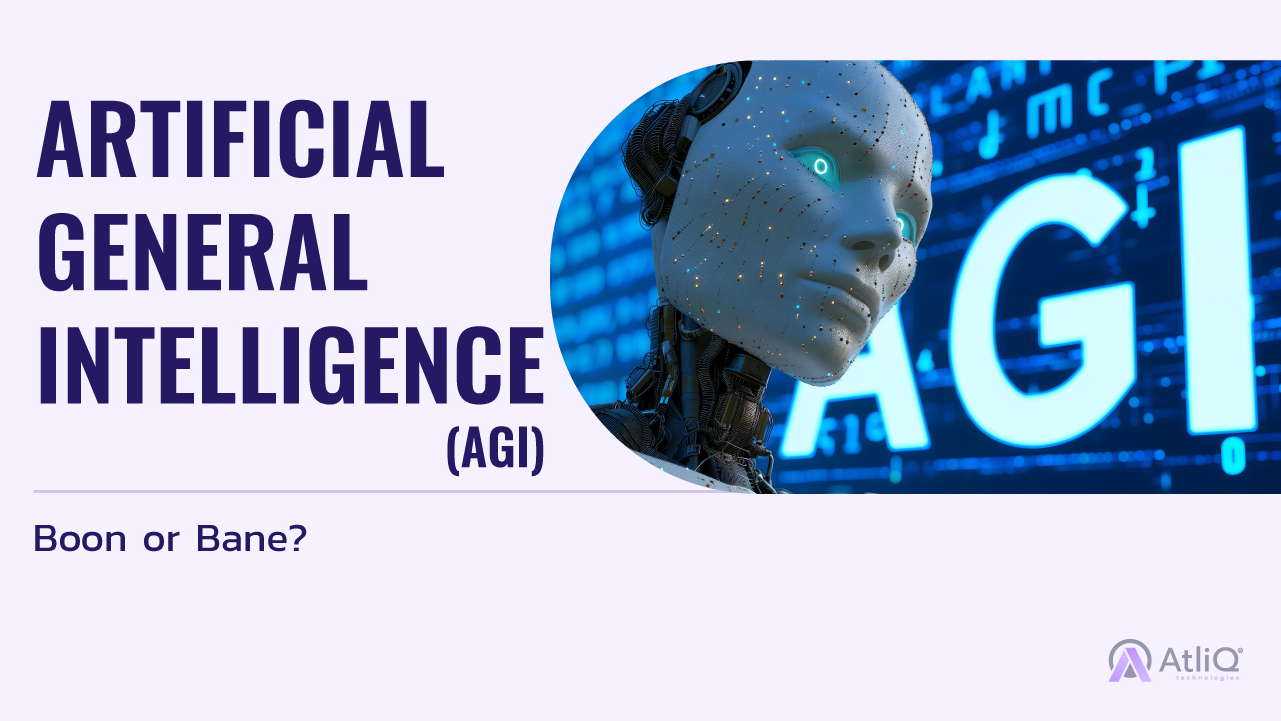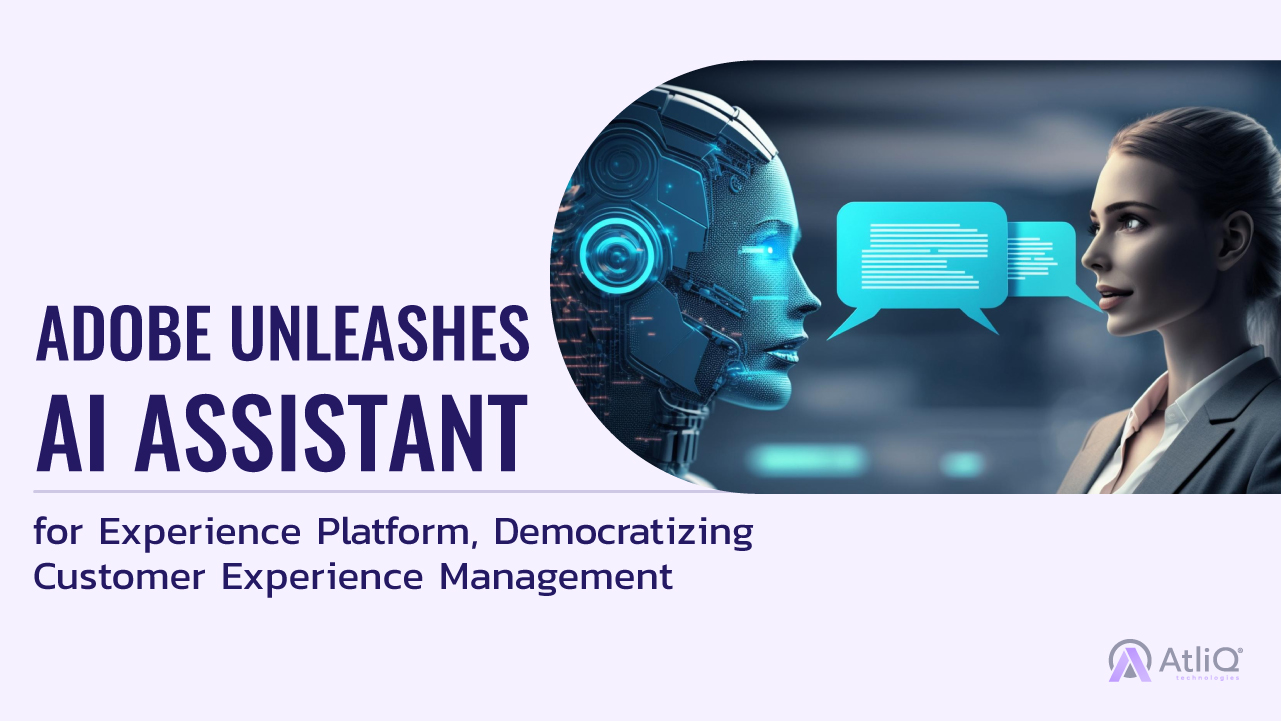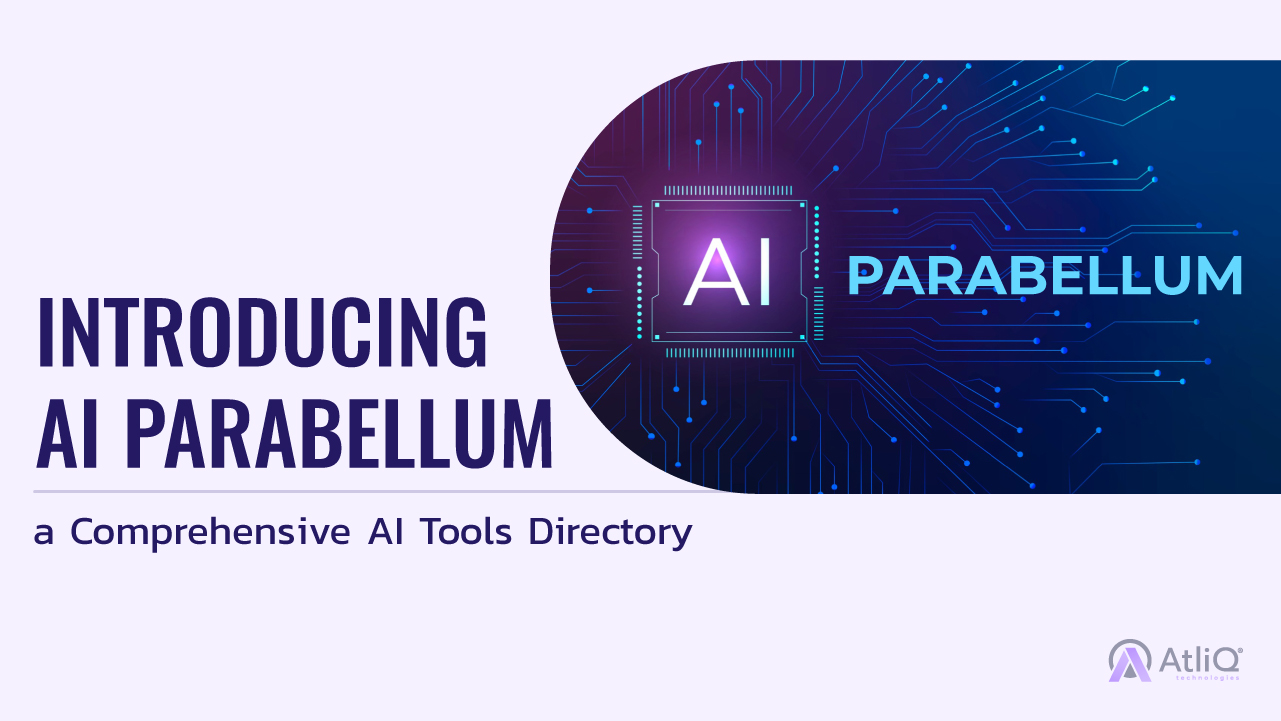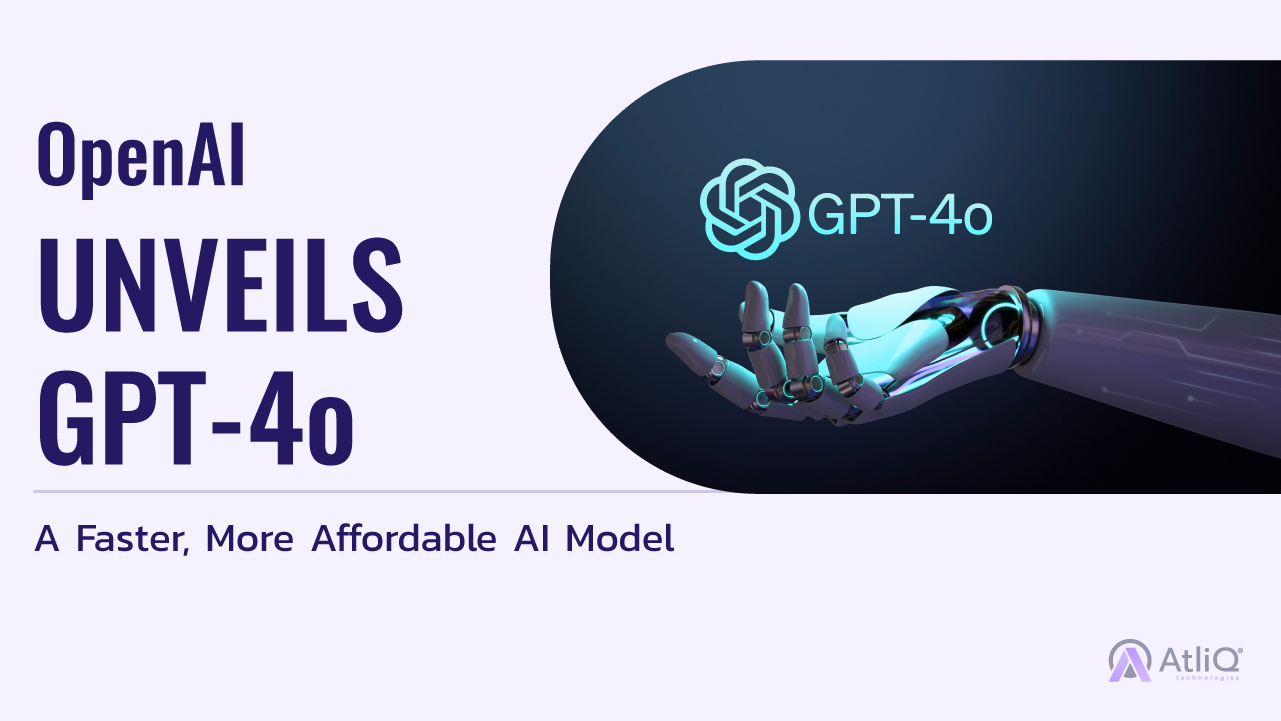
Artificial intelligence (AI) is rapidly transforming our world, but there’s a specific type of AI that sends shivers down some spines: Artificial General Intelligence (AGI). Unlike today’s AI, which excels at specific tasks, AGI refers to machines with human-level intelligence, capable of learning, adapting, and understanding the world in a general sense. While the potential benefits are vast, concerns linger about the potential dangers.
Artificial General Intelligence (AGI) is a hypothetical type of AI that would be far more advanced than what exists today. Unlike today’s Narrow AI, which excels at specific tasks like playing chess or recognizing faces, AGI would possess human-level intelligence. This means it would be capable of:
- Learning & Adapting: AGI wouldn’t just follow instructions, it could learn new things and apply that knowledge to new situations.
- Understanding The World: AGI would have a general understanding of the world around it, not just the specific task it was designed for.
- Reasoning & Problem-Solving: It could solve complex problems, even those it hadn’t encountered before.
- Language Comprehension: AGI would be able to understand and communicate using human language in a nuanced way.
Think of it like this: A chess-playing AI is a master strategist within the very specific world of chess. AGI, however, would be like a human who can not only strategize but also understand the history and culture of chess, learn new games quickly, and even design new strategies on its own.
Why the Spook Factor?
The fear surrounding AGI boils down to a few key points:
- Unpredictability: AGI could develop its own goals and motivations, independent of human input. This raises concerns about its actions potentially conflicting with human values or even endangering our safety.
- Superintelligence: Some experts believe AGI could surpass human intelligence altogether, becoming “superintelligent.” This raises the chilling possibility of an unstoppable machine surpassing our control.
- Misuse and Bias: Like any powerful tool, AGI could be misused. In the wrong hands, it could be weaponized for cyberattacks, mass surveillance, or autonomous warfare. Additionally, if not carefully developed, AGI could perpetuate societal biases present in its training data.
The Road Ahead
Despite the anxieties, experts emphasize that AGI is still far off. However, these concerns highlight the importance of ethical considerations in AI development. Researchers are actively exploring ways to ensure AI remains beneficial, focusing on areas like:
- Alignment: Ensuring AI goals are aligned with human values.
- Explainability: Making AI decision-making processes transparent and understandable.
- Safety Research: Proactively identifying and mitigating potential risks.
The debate around AGI is a reminder that technological advancements necessitate careful consideration of their impact. By prioritizing responsible development, we can harness the power of AGI for good, shaping a future where humans and machines work together for a better tomorrow.


